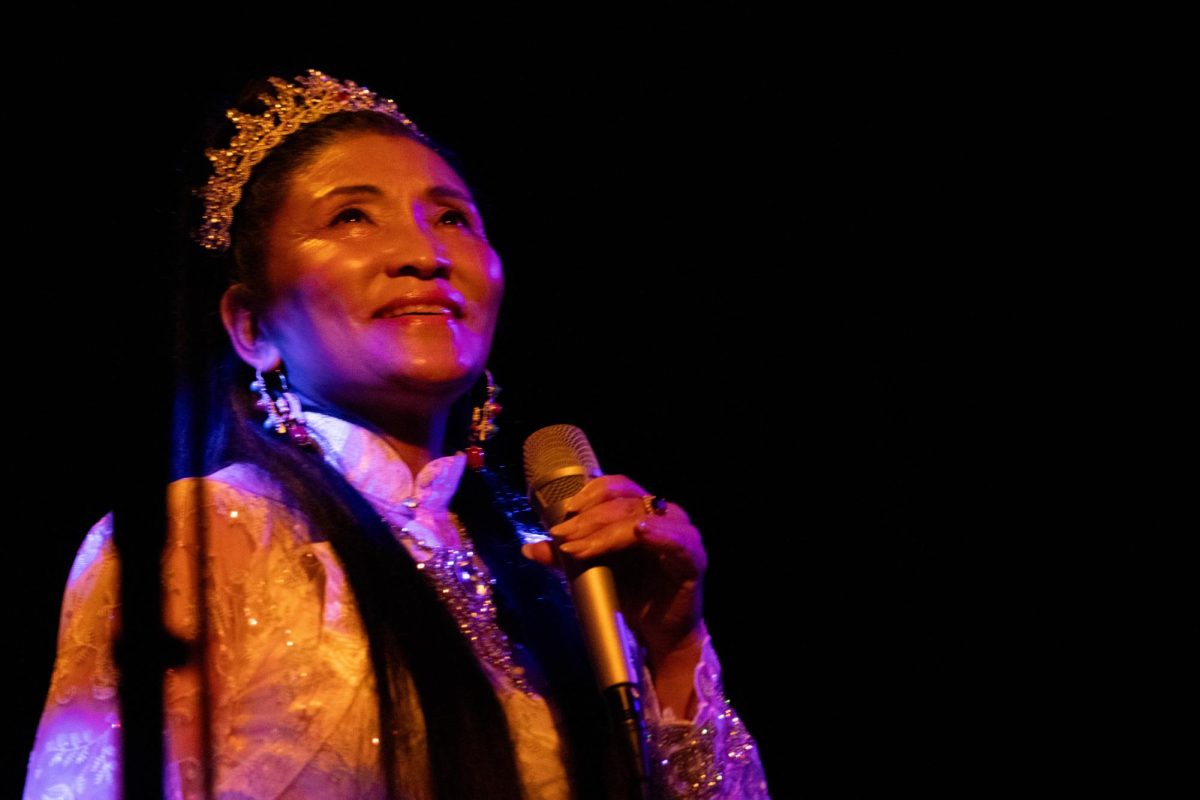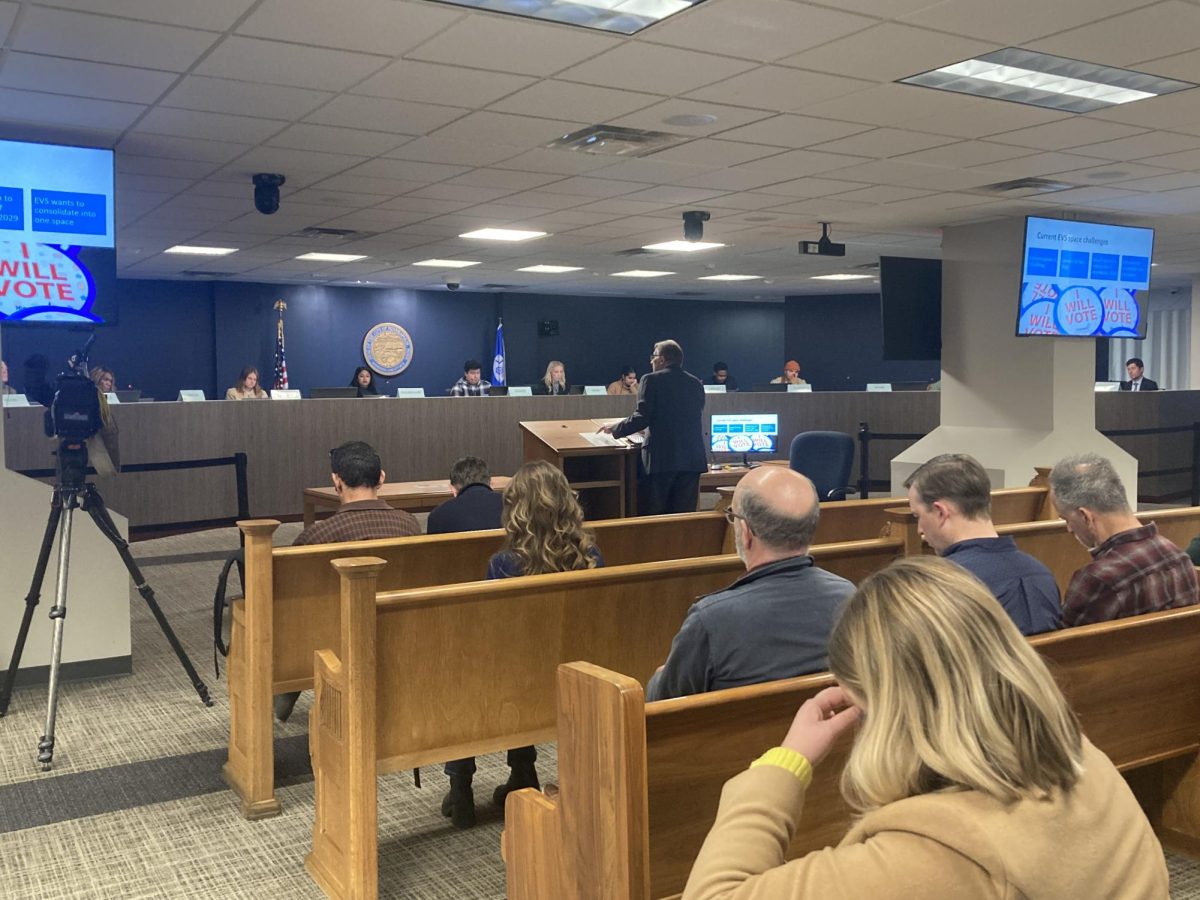University of Minnesota researchers are aiming to one day find a cure for breast cancer and recently received an $8.5 million grant to propel their work.
The research team received funding last month from the National Cancer Institute for their project that studies enzyme mutation in stage 4 breast cancer tumors. The research is led by several researchers at the University and is a collaborative effort that involves medical professionals from multiple countries. Researchers said the efforts will help them understand other types of cancer tumors as well.
The research team is led by Douglas Yee, a University professor in the department of Medicine and Pharmacology and director of the Masonic Cancer Center, and Reuben Harris, a University professor in the University’s department of Biochemistry, Molecular biology and Biophysics.
“In research, every single step either blazes a new path, or you’re finding out more detail about a known path. And we’re doing both,” Harris said of his team.
Research on the enzyme APOBEC3B, discovered in 2013 by Harris and his co-workers, has been central to his lab’s work, and is one of the biggest sources of mutation in tumor cells, Harris said.
“If we figure out ways to control it, it’s possible to diminish the overall problem of metastatic disease,” he said.
Harris’ team was awarded the multimillion-dollar grant after nearly 10 years of assembling a team and collecting data. Without this funding, Harris said researchers would have been forced to pursue other projects.
There are also many graduate and undergraduate students working on parts of the project. Artur Serebrenik, a fifth-year graduate student at the University, has spent all five years of his studies involved in this research, mostly working on pitting FDA-approved drugs against these tumors.
“Cancer is a really difficult disease to deal with because there’s so much variability in it,” Serebrenik said. “This is one avenue for us to get a better understanding of what’s going on in the tumor and use what we know against it.”
Nadine Shaban, an assistant professor at the University and a researcher on the project, has been working for a few years on structural biology mutagenesis research. This includes molecular models of the proteins involved in mutagenesis, a process which means the genetic information of an organism changes and mutates.
“If you understand what something looks like, you can potentially develop drugs [to fight] against it,” she said.
University graduate student Matthew Jarvis has spent the past four years working on the project.
“In our lab, we study a specific protein family that leads to ways that cancer cells diversify themselves,” he said, which would lead to being able to treat these tumors uniquely. “When we’re considering cancer, it’s not really just one disease. It’s a multitude of diseases.”
David Egan, co-executive director of Susan G. Komen Minnesota, said he wasn’t surprised to hear about this grant and research, partly because Yee is on the Board of Directors for Susan G. Komen Minnesota.
The organization and the University work together frequently, and the University has received considerable funding for research projects like this from Susan G. Komen, Egan said.
“These people, typically women, are the ones dying,” Egan said. “Ultimately, we need that cure.”







